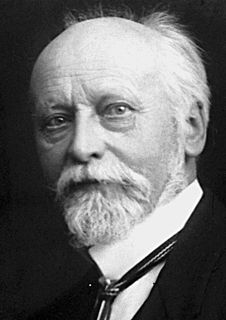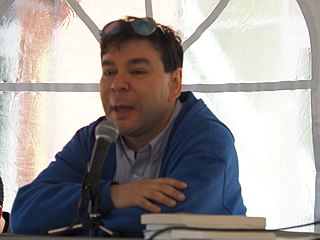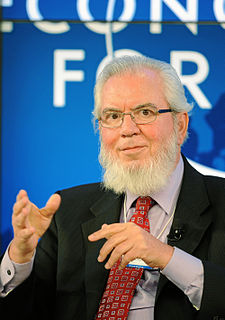A Quote by Ban Ki-moon
Some might complain that nuclear disarmament is little more than a dream. But that ignores the very tangible benefits disarmament would bring for all humankind. Its success would strengthen international peace and security. It would free up vast and much-needed resources for social and economic development. It would advance the rule of law.
Quote Topics
Advance
Benefits
Bring
Complain
Development
Disarmament
Dream
Economic
Economic Development
Free
Humankind
International
International Peace
Law
Little
Might
More
Much
Needed
Nuclear
Nuclear Disarmament
Peace
Peace And Security
Resources
Rule
Rule Of Law
Security
Social
Some
Strengthen
Success
Tangible
Than
Up
Vast
Very
Would
Related Quotes
In a nuclear war there would be no victors, only victims. The truth of peace require that all-whether those governments which openly or secretly possess nuclear arms, or those planning to acquire them- agree to change their course by clear and firm decision and strive for a progressive and concerted nuclear disarmament. The resources which would be saved could then be employed in projects of development capable of benefiting all their people, especially the poor.
In no circumstance would the United States or any other nation have the right to mount a military invasion to overthrow another government for the ostensible purpose of achieving disarmament. Rather, the United States would respect the Charter of the UN and would strive to achieve disarmament and settle the differences among nations through peaceful diplomatic means.
I suspect that the vast majority of people, not knowing in advance whether they will either end up in a permanently vegetative state or be diagnosed with cancer, would prefer that any resources that would be spent on PVS care be reallocated to cancer research - or some similar enterprise that has the potential to help human beings who might actually recover.
The court was unable to rule on all circumstances in which nuclear weapons might be used, and it said in view of the problems, the risks posed by nuclear weapons, and in view of the lack of certainty of the law in all circumstances, the best course is fulfilling the obligation of good faith negotiations of nuclear disarmament contained in the nuclear non-proliferation treaty.
The use of a mere dozen nuclear weapons ... would be a human catastrophe without parallel. ... Because so few weapons can kill so many people, even far-reaching disarmament proposals would leave us implicated in plans for unprecedented slaughter of innocent people. The sole measure that can free us from this burden is abolition.
I think the team that successfully puts together an economic and social policy framework for global full employment in decent working conditions based on local development, that would command the support of all stakeholders and all international organizations concerned, should be awarded the [Nobel] prize. I am sure they would get it not just for economics, but also for peace in the world.
Negotiations with Iran, especially, will not be easy under any circumstances, but I suspect that they might be somewhat less difficult if the nuclear-weapon states could show that their requests are part of a broader effort to lead the world, including themselves, toward nuclear disarmament. Preventing further proliferation is essential, but it is not a recipe for success to preach to the rest of the world to stay away from the very weapons that nuclear states claim are indispensable to their own security.






































